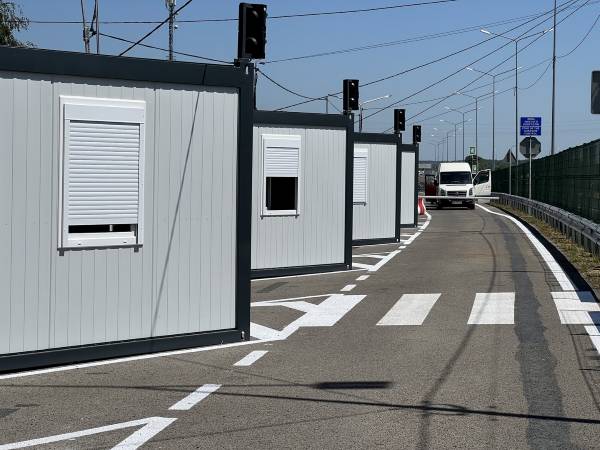Central America Advances Mandatory Adoption of Harmonized Advance Declaration Model
By Guy José Bendaña-Guerrero & Asociados

Customs authorities from Nicaragua, Costa Rica, El Salvador, Guatemala, Honduras and Panama gathered in San José, Costa Rica, to review and validate procedures for the mandatory implementation of the Harmonized Advance Declaration Model. This workshop was a key milestone in advancing regional trade facilitation under the Central American Strategy for Trade Facilitation and Competitiveness with Emphasis on Coordinated Border Management (ECFCC-2023).
The event was organized under the Pro Tempore Presidency of Costa Rica in the Central American Integration System (SICA), with technical support from the Secretariat for Central American Economic Integration (SIECA) and funding from the European Union through the ECOTRADE project.
The advance declaration model is designed to improve compliance with non-tariff regulations, ensure proper duty payments in the importing country, reduce border delays, and prevent trucks from arriving with incomplete documentation. This harmonized approach will facilitate smoother and more secure trade flows across the region.
The adoption of the Harmonized Advance Declaration aligns with broader efforts under the ECFCC-2023 strategy, which promotes the digitization, simplification, and interoperability of customs procedures. Initiatives include the development of the Central American Digital Trade Platform (PDCC), strengthening of Single Windows for Foreign Trade, and expansion of the Central American Single Customs Declaration (DUCA).
